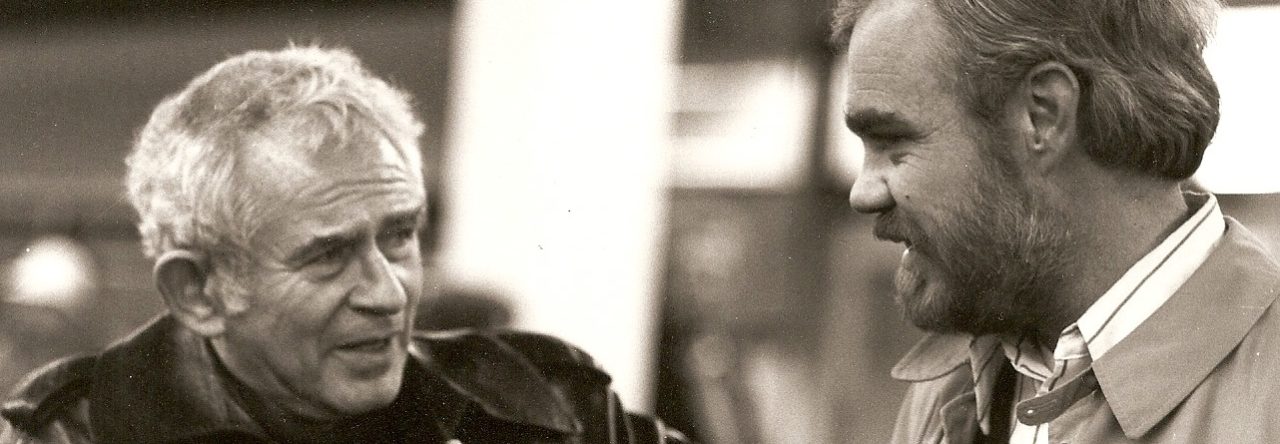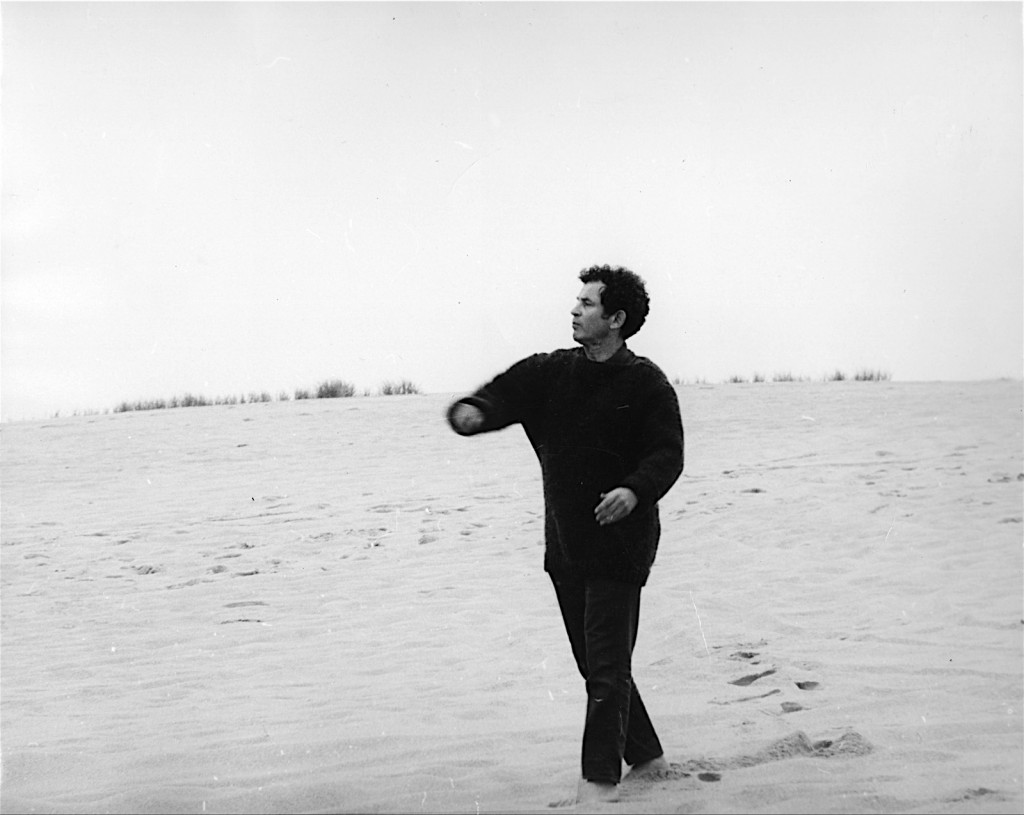DID YOU KNOW? Mailer’s favorite journey was driving over the crest of a hill in Truro, Massachusetts, on his way to Provincetown, and first seeing “the Pilgrim Monument in all its subtle presence.” He believed Provincetown to be the most beautiful town on the East Coast of the U.S.
Tag: Provincetown
- Bar Toward Cape Cod
- 3rd Floor Study
- 3rd Floor Study
Photos by Donna Pedro Lennon.
Provincetown is the most interesting and beautiful summer resort town on the East Coast. It has Bar Harbor’s salt breezes, old inns and chowder houses, but not its manicured stuffiness; its dunes are superior to those on the Jersey Shore (where Norman Mailer lived as a boy); and its trinket shops are preferable to Atlantic City’s tawdry casinos.
Like Fire Island, P-Town has a summer crowd of artists, collegians, gays and assorted eccentrics putt-putting around on mopeds, but it also has some real history. If it lacks Newport’s robber barons, its colonial roots are more impeccable, since the Pilgrims shivered for three weeks on the dunes near Race Point before moving on to Plymouth. It also has a venerable community of Portuguese fishermen, Yankee houses with widows’ walks, and the tallest structure along the 100-mile peninsular arm running to Boston, a 252-foot stone monument to the founding Pilgrims.
But six weeks after Labor Day, the town turns from circus to seaweed. All that remains are the Portuguese, a few Yankees and a clutch of burned-out cases. One of them is Timothy Madden, a bartender and erstwhile writer and the hero of Norman Mailer’s latest novel, a thriller set in the near-empty bars, cottages and dunes of the town at the edge of America.
Ghosts rattle and gibber through the story, which takes place during a few days in drizzly November. Some of the ghosts are old (Pilgrims, Indians, fishermen and whores), but two others are the recent dead—two blonde women who have been decapitated. Both had been involved with Madden—in fact, he is pickling himself in bourbon to ease the pain brought on by the desertion of one of them: Patty Lareine, his wife. Between times he remembers with fear and trembling his failed attempt to scale the Pilgrim Monument.
The second blonde, Laurel Oakwode, he meets in a bar and loses track of after a night of drink, sex, suicide and murder. Within 50 pages, Madden has awakened with a thundering hangover, found a bucket of blood spilled on the passenger seat of his car, and discovered a blonde head buried in his marijuana cache in the dunes of nearby Truro (I won’t reveal whose head), and the name “Laurel” tattooed on his arm. Discovering who killed whom and why is, of course the raison d’etre of the story, a literal tangle of baling wire, anchor chain and blonde hair.
[box type=”note”]Excerpted from a review of Tough Guys Don’t Dance, first appeared in the State Journal-Register (Springfield, IL), August 24, 1984.[/box]





